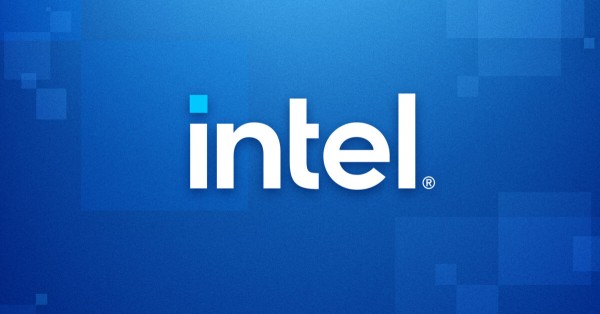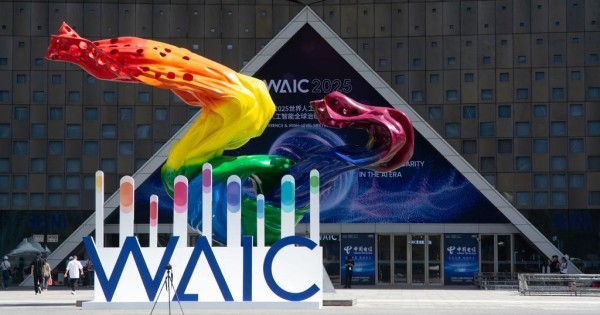Deutsche Telekom has announced a groundbreaking private 5G network deployment at Hamburger Containerboard’s paper mill in Spremberg, Germany. This extensive network spans 350,000 square meters, the equivalent of 50 football fields, making it one of Europe’s largest private 5G campus networks. The network features over 120 antennas, delivering robust, standalone 5G connectivity throughout the facility’s indoor and outdoor areas.
Challenges Facing the Paper Manufacturing Industry
The paper manufacturing industry is constantly evolving, facing challenges such as optimizing production processes, managing logistics efficiently, and ensuring high security standards. The Spremberg site required a solution capable of addressing these demands while supporting future technological advancements, including real-time data flow and minimizing latency to improve operational efficiency.
Deutsche Telekom’s Private 5G Network Solution
Deutsche Telekom’s deployment of a private 5G network at Spremberg addresses these challenges effectively. The standalone 5G network delivers ultra-low latency and high security, ideal for industrial applications. Network slicing ensures dedicated bandwidth for critical operations, while the extensive antenna network guarantees comprehensive coverage. Initially, the network will connect scanners, forklifts, and tracking systems for spare parts and documents, paving the way for more advanced use cases in the future.
Impact of 5G Network on Hamburger Containerboard’s Operations
Hamburger Containerboard produces 840,000 tons of paper annually at the Spremberg site. The implementation of the 5G network is set to optimize information flows, logistics, and production processes. Michael Krumay, Head of Digitalization Operations at Hamburger Containerboard, highlighted the potential of 5G to further enhance their operations. Klaus Werner, MD of business customers at Telekom Deutschland, emphasized that the network “meets particularly high security requirements and supports functions important to the industry such as network slicing and ultra-low latency.”
Why a Standalone 5G Network Was Chosen
The decision to deploy a 5G private network was driven by the need for a robust and secure solution that could handle the specific demands of the paper manufacturing industry. The network’s standalone 5G architecture ensures dedicated performance, while the extensive use of antennas guarantees comprehensive coverage across the vast facility. The network operates on the 3.7 – 3.8 GHz band, reserved for campus network deployments in Germany.
Key Benefits of the 5G Network for Hamburger Containerboard
The benefits of the 5G network are multifaceted. Improved logistics and production processes lead to increased efficiency and reduced costs. The ability to track spare parts and manage documents digitally enhances operational accuracy and speed. Future plans include the integration of IoT sensors for monitoring production and maintenance, and the deployment of automated guided vehicle (AGV) systems, further enhancing productivity.
The Broader Impact of Private 5G on Manufacturing
The deployment of private 5G networks in industrial settings represents a significant step forward for the manufacturing sector. It showcases the potential of 5G technology to transform traditional industries by providing real-time data and advanced automation capabilities. This deployment sets a benchmark for other manufacturers to follow, demonstrating the tangible benefits of embracing next-generation connectivity solutions.
Deutsche Telekom’s Role in the 5G Deployment
Deutsche Telekom played a crucial role in this deployment, leveraging its expertise in telecommunications to design and implement a tailored solution for Hamburger Containerboard. The company’s commitment to delivering high-security, high-performance networks is evident in the success of this project.
Key Partnerships in Hamburger Containerboard’s 5G Implementation
Hamburger Containerboard collaborated with the consulting firm Bayerische Funknetz to assist in digitalizing the site. This partnership underscores the company’s dedication to leveraging expert knowledge and resources to maximize the benefits of their 5G network. Additionally, Hamburger Containerboard partnered with O2 Telefónica last year to build a similar 5G campus network at its Pitten, Austria site, covering over 100,000 square meters.
Current Status and Timeline of the Spremberg 5G Network
The 5G network in Spremberg is fully operational, connecting essential devices and systems. As the network matures, additional use cases involving IoT and automation will be rolled out, further enhancing the site’s capabilities.
The deployment of the 5G network at Spremberg marks a significant milestone in Hamburger Containerboard’s digital transformation journey. Initial implementation focused on connecting scanners and forklifts, with plans to integrate more advanced technologies in the near future.
Industry Recognition of the Private 5G Deployment
Industry leaders and experts recognize the importance of this deployment. The project exemplifies how private 5G networks can revolutionize manufacturing, setting a precedent for other sectors to explore similar solutions.
By embracing private 5G, Hamburger Containerboard is positioning itself at the forefront of innovation, ready to tackle the challenges of the modern industrial landscape.































